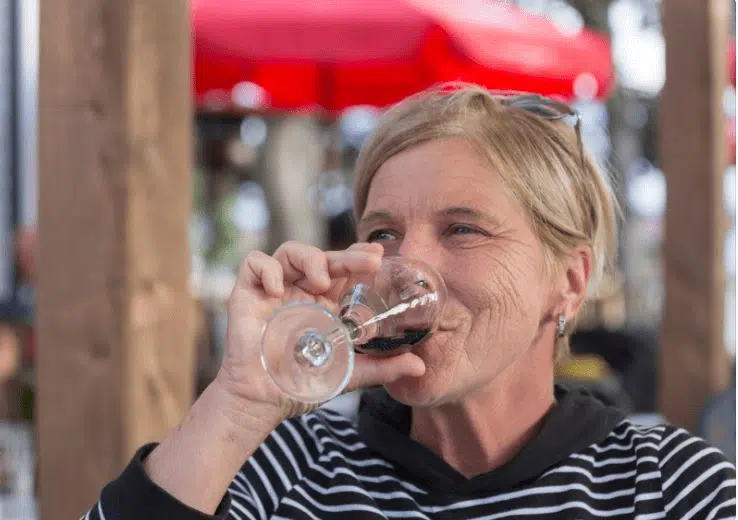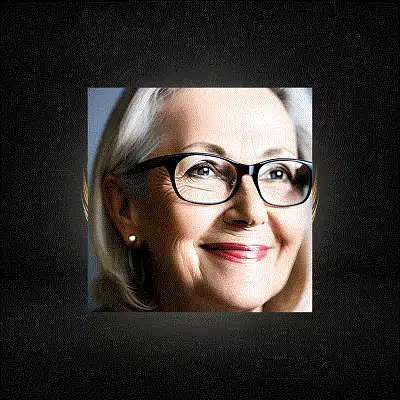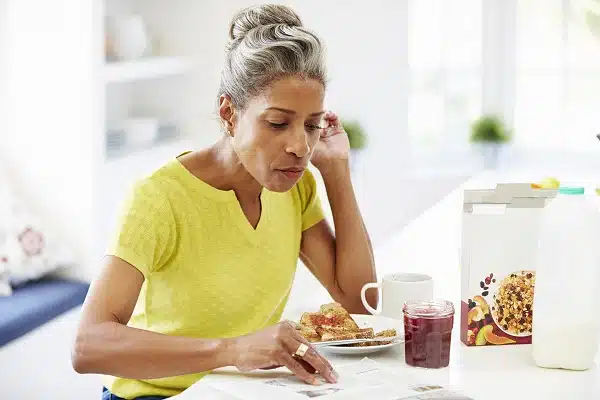The Slippery Slope – Middle-Aged Women And Alcohol

Binge drinking is on the rise among middle-aged women.
New research has revealed one in five women aged between 40 and 65 is a binge drinker.
The stories are more or less the same – ‘I’m worried about my drinking but I’m terrified to quit’.
‘I’m terrified to live in a world where everyone seems to want to have a drink all the time, to bond and relax and celebrate’.
‘How am I going to live if I don’t do that?’
A recent study published shows about 21% of women aged between 45 and 60 are now drinking at binge drinking levels.
That’s at least four standard drinks in one sitting.
That’s nearly double the problem it was 20 years ago. Most groups’ alcohol use is going down – this particular population group’s alcohol use is going up.
As one middle-aged woman put it recently – “Every day, as evening approaches, I’ve noticed the pull of a ritual I once savoured – just one glass of wine to help me unwind”
“It crept up on me – one glass has slowly, but surely, turned into two or three glasses a night. Then many nights I just finish the whole bottle”
“If I am honest with myself I know I’m developing a bit of a problem, but I’m hoping desperately to reclaim the control I had, that slowly slipped away over the past year”

So Why Are Middle-Aged Women Drinking So Much?
Middle-aged women face a unique set of stressors that can increase the risk of developing an alcohol use disorder.
The pressures of balancing work, family responsibilities, caregiving, and potentially menopause, can lead to increased stress and anxiety.
Alcohol is very often used as a coping mechanism to deal with these pressures, leading to a heightened risk of alcohol dependence.
Additionally, societal norms often overlook or even romanticize, regular drinking among middle-aged women.
Especially wine consumption, which can mask the problem.
Physiological differences also make women more susceptible to the harmful effects of alcohol, thus intensifying the potential for alcohol-related health issues.
Has The Problem Always Existed?
The problems of women and alcohol haven’t always gained as much recognition.
Up until about 1990, we considered alcohol abuse predominantly a disorder of men.
In fact, men were five times as likely to have an alcohol use disorder in their lifetime as women.
However, over the last three decades, we’ve seen this gender gap closing; such that men are now ‘just’ twice as likely as women to have an alcohol use disorder in the course of their lifetime.
When Did One Glass Of Wine A Night Become, Say, A Bottle?
According to some researchers, it comes down to an increase in stress, with some of this partially exacerbated by Covid lockdown, a few years back.
Of course the problem existed before covid arrived. However, in many cases, that lockdown seems to have been a catalyst in terms of many middle-aged women turning to alcohol.
Or in the case of those people who had a previous problem with alcohol, turning back to it, as a source of comfort.
But doctors have a warning, and it’s serious.
Alcohol abuse can have a number of effects….and many of them can be unintentional – such as accidents, car crashes, hospital admissions due to falls, and events like that.
The Effects Of Excess Alcohol On Mental Health
Alcohol can have a profound effect on mental health as well, in terms of worsening depression or anxiety over time.
- Women are twice as likely to have depression.
- Twice as likely to have anxiety.
- Three times as likely to have post-traumatic stress disorder
- Anywhere up to 10 times as likely to have an eating disorder.
Also, having any of these mental health disorders can also pose a risk for developing an alcohol use disorder at some time in your life.
Additionally, there are actually longer-term physical effects – the effects on ischemic heart disease, stroke, and actually cancer risk.
Women Need To Educate Themselves On The Dangers Of Alcohol
It’s important for women to educate themselves about alcohol. They need to look at their own family history and personal history, and the health risks that they have.
In addition, if you are a young woman or an adolescent, defer or delay using alcohol as far as you can into your 20s, because that too will lower your risk of having an alcohol use disorder.
If you do drink alcohol, it’s important that you minimize the amount that you drink, both in terms of quantity and frequency.
Try to stay within at least the recommended guidelines, which is a general consensus of no more than one standard drink in a day…and no more than seven drinks in total in a week.
If you have other mental health conditions, such as depression or anxiety, you may wish to eliminate alcohol completely because alcohol can pose a risk to all of those other disorders.
Alcohol is linked to more than 200 diseases and injury conditions.
Men aren’t off the hook here either. They still drink, and a lot. But women experience alcohol harms more quickly, and at lower levels of consumption.
However giving up booze or cutting back isn’t easy. Everyone knows this. Alcohol is the most abused drug in the world. And the one that causes the most societal damage.
So what can you do if you are a middle-aged woman who recognizes that you is drinking too much?
Probably the most important thing is to develop healthy ways to cope with stress. As stress is a major catalyst for turning to drugs.
Yoga, meditation, mindfulness, and exercise can enable you to use those healthy coping strategies rather than turning to alcohol when you have stress or very intense emotion.
Most countries have effective treatments in place for alcohol use disorders. and these can include medication and behavioral therapies, plus individual, group, and family therapies.
As well as mutual support treatments such as Alcoholics Anonymous, or AA, and also relapse prevention therapies.
Education Is The Key
It’s really important for women to educate themselves about drinking and the health effects.
If women have more knowledge, they can also make decisions about their own health and well-being.
There are many treatment resources that you can use to get well and stay well and to live a healthy life.





